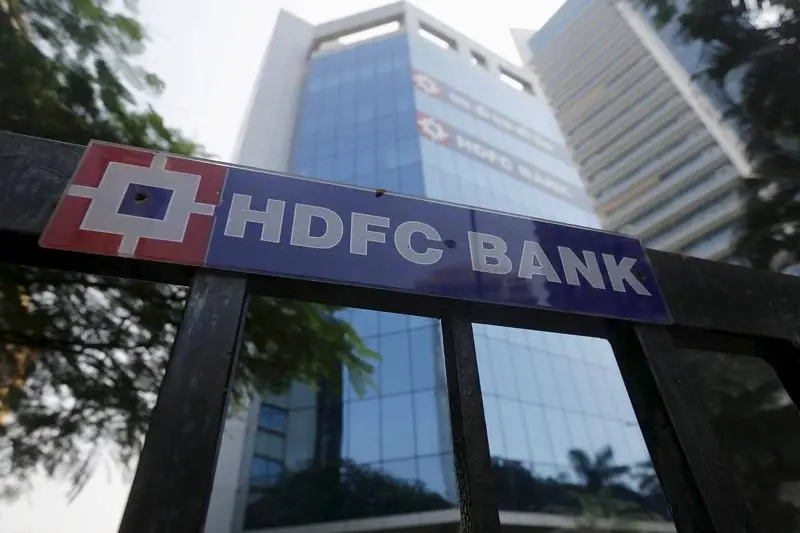PHOTO
Indian insurers are awaiting clarity on how Housing Development Finance Corp's bonds will be categorised after the lender is folded into HDFC Bank, as they assess the impact of the merger on their debt portfolios.
There is uncertainty whether HDFC's bonds will be classified under housing and infrastructure after the merger, and we are awaiting clarification from regulators, Arun Srinivasan, head of fixed income at ICICI Prudential Life Insurance, told Reuters.
"In case it does not get classified as housing and infra, insurance companies will have to classify their entire exposure to the HDFC group as investments in the BFSI sector within the permissible limits, which stands at 30%."
The Reserve Bank of India (RBI) will issue a clarification on HDFC's bonds' classification, and the Insurance Regulatory and Development Authority (IRDAI) of India will follow, according to fund managers.
The IRDAI stipulates insurers can invest a maximum of 30% of their assets under management in banking, financial services and insurance (BFSI) firms, while there is a 15% limit for investing in bonds of housing and infrastructure companies.
HDFC's outstanding bonds are estimated to be worth 2.64 trillion rupees ($32.18 billion), while HDFC Bank has outstanding bonds worth around 487 billion rupees, according to Crisil and Reuters data.
"Once the merger is effective, HDFC bonds will be converted into bank bonds and be counted in the 30% BFSI investment limit," said Aneesh Srivastava, chief investment officer of Star Health and Allied Insurance.
"We may see crowding in BFSI sector, and hence spreads for bank and NBFC bonds may harden with lower incremental demand."
According to market participants, around 40% of HDFC's bonds, amounting to around one trillion rupees, are held by insurance companies and these bonds are currently classified under housing and infrastructure category.
A change in classification could also impact demand for bank bonds at a time when lenders are looking to raise capital to spur growth.
Some fund managers, requesting anonymity as they are not authorised to speak to the media, told Reuters that they have requested IRDAI to allow "grandfathering" their current exposure to HDFC bonds for around two years, which would allow them to absorb the impact.
Grandfathering refers to a provision that will allow insurance companies to hold the bonds over and above the stipulated norms for a certain period, which will be defined by the RBI.
Insurers have also suggested that some bonds of longer duration could be classified as infrastructure bonds, which will allow them to keep their holdings under housing and infra category.
IRDAI did not immediately reply to a Reuters email for comment. ($1 = 82.0347 Indian rupees) (Reporting by Bhakti Tambe and Dharamraj Dhutia; Editing by Varun H K)





















